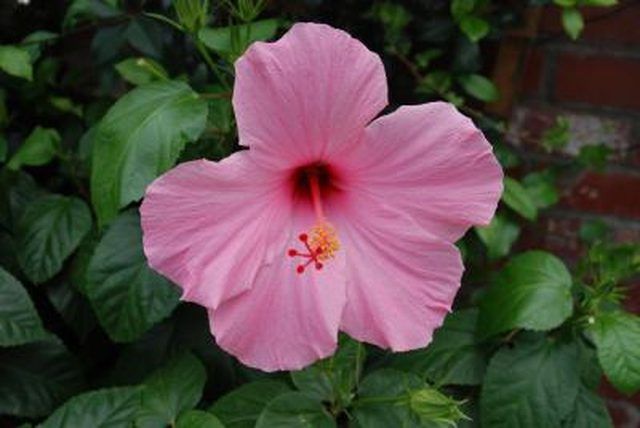Bulbs
Flower Basics
Flower Beds & Specialty Gardens
Flower Garden
Garden Furniture
Garden Gnomes
Garden Seeds
Garden Sheds
Garden Statues
Garden Tools & Supplies
Gardening Basics
Green & Organic
Groundcovers & Vines
Growing Annuals
Growing Basil
Growing Beans
Growing Berries
Growing Blueberries
Growing Cactus
Growing Corn
Growing Cotton
Growing Edibles
Growing Flowers
Growing Garlic
Growing Grapes
Growing Grass
Growing Herbs
Growing Jasmine
Growing Mint
Growing Mushrooms
Orchids
Growing Peanuts
Growing Perennials
Growing Plants
Growing Rosemary
Growing Roses
Growing Strawberries
Growing Sunflowers
Growing Thyme
Growing Tomatoes
Growing Tulips
Growing Vegetables
Herb Basics
Herb Garden
Indoor Growing
Landscaping Basics
Landscaping Patios
Landscaping Plants
Landscaping Shrubs
Landscaping Trees
Landscaping Walks & Pathways
Lawn Basics
Lawn Maintenance
Lawn Mowers
Lawn Ornaments
Lawn Planting
Lawn Tools
Outdoor Growing
Overall Landscape Planning
Pests, Weeds & Problems
Plant Basics
Rock Garden
Rose Garden
Shrubs
Soil
Specialty Gardens
Trees
Vegetable Garden
Yard Maintenance
Are Hibiscus Plants Poisonous to Cats?
Are Hibiscus Plants Poisonous to Cats?. With their beautiful flowers, hibiscus plants can add a burst of color to your home. While they are not dangerous to humans, hibiscus plants are toxic to cats.

With their beautiful flowers, hibiscus plants can add a burst of color to your home. While they are not dangerous to humans, hibiscus plants are toxic to cats.
Symptoms
If your cat ingests parts of a hibiscus plant, it could experience symptoms of gastric upset like nausea, vomiting and diarrhea. Your cat could stop eating because of these symptoms, resulting in health issues caused by anorexia, according to the ASPCA.
Prevention
You can prevent your cat from being poisoned by a hibiscus plant by keeping your cat away from it. If you have one indoors, cover the soil with aluminum foil. This will keep your cat from playing in the dirt and then chewing on the leaves, according to Cornell University.
Considerations
The best way to protect your cat from the hibiscus plant is to remove it from your home. If your cat does eat part of the plant, contact your veterinarian right away for directions for treatment. Bringing a portion of the plant into the office can help your veterinarian determine the best course of treatment, according to The American Humane Society.